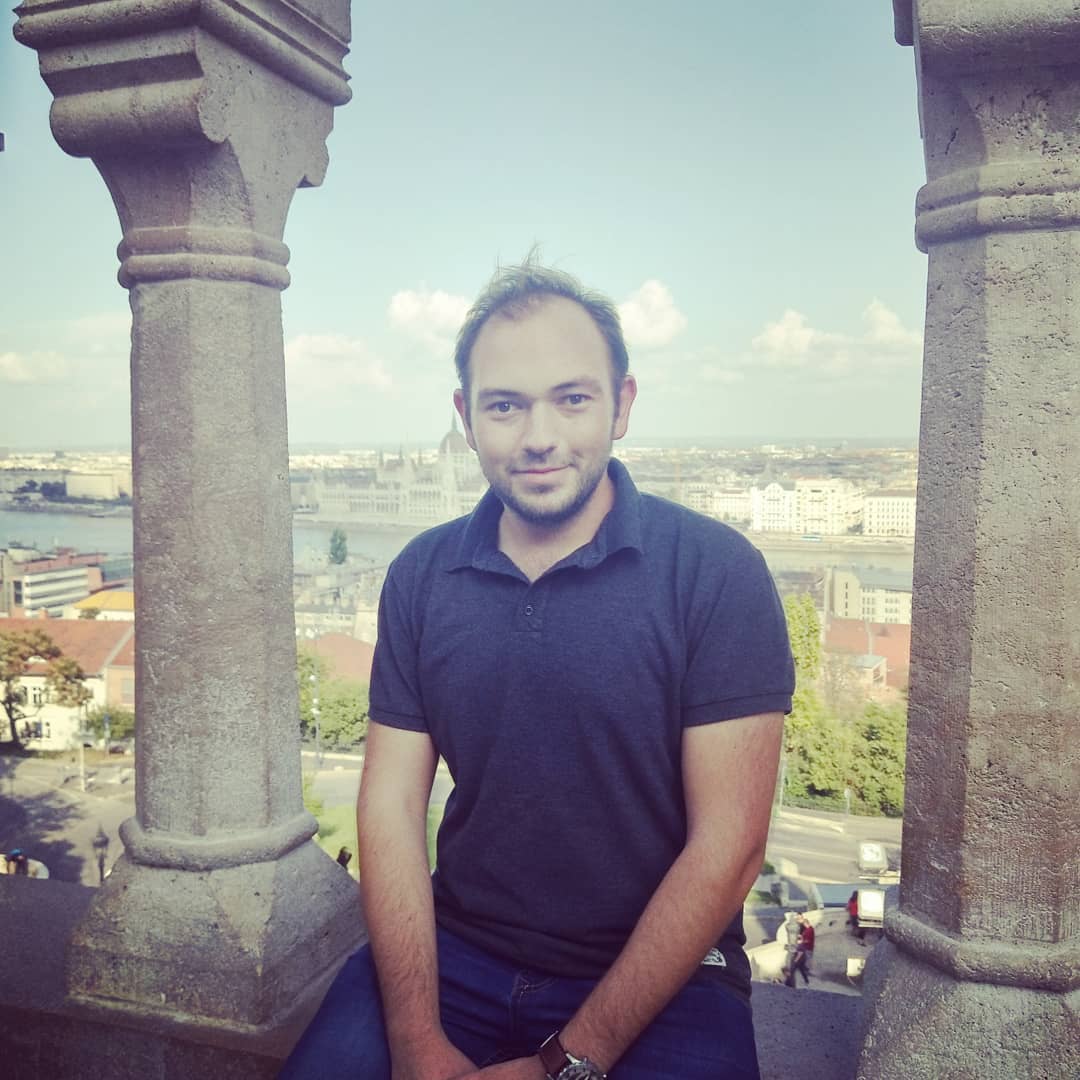PECAO’s workshop materials and media monitoring tool are available for download
With approximately 12 Million people living in Europe for centuries, the Roma are the continent’s biggest ethnic minority. At the same time they are the its most disliked and discriminated minority, with every third person not wanting to have a Roma neighbour and 80% of Roma living at the risk of poverty.
Antigypsyism – a specific form of racism against people who are perceived as ‘Gypsies’ in the public imagination, is at the core of the social exclusion and discrimination of Roma.
PECAO will counter antigypsyist hate speech online by working with young people, using a combination of peer education and monitoring in order to obtain two-fold results: the peer education methodology will achieve a direct change in attitudes and actions of a high number of young people, and the monitoring will contribute to better understanding and a more systemic change of policies through advocacy based on the results.
By using the standard workshop materials created by the consortium and translated in the available languages (EN, BG, CZ, HU, RO and ES), participants of the workshop will be able to understand the phenomena of antigypsyist hate speech and its impact on Roma, as well as the importance to monitor and report that speech online. Furthermore, the participants of the workshop can engage into advocacy and work towards better anti-discrimination policies by addressing antigypsyism as bias motivation, as well as raise awareness among various stakeholders about the antigypsyist hate speech in online media.
The project consortium of PECAO consists of the following partners and funding:
Funded by the European Union’s Rights, Equality and Citizenship Programme (2014-2020) with co-funding from Google.org: 
Funding from the Google.Org Impact Challenge on Safety in the framework of ERGO Network’s project Peer education to counter antigypsyist online hate speech:
The standard workshop materials are available in English, Bulgarian, Czech, Hungarian, Romanian and Spanish language for the moment. Should you have any additional requests for session outlines examples, exercises, or need for additional information concerning the topic, please write an e-mail to ERGO network at info@ergonetwork.org by adding the word PECAO to your subject line.
The materials consist of the following documents:
- M01 – Objectives, Impact and Methodology
- M02 – Aim and objectives of the workshop
- M03 – Programme of the workshop
- M04 – Non-formal education
- M05 – Protocol form for monitoring media content with hate speech
As well as the media monitoring tool with a glossary available within the tool.
You can access the materials here and media monitoring tool here.
Publicity Disclaimer:
This publication was funded by the European Union’s Rights, Equality and Citizenship Programme (REC 2014-2020) and Google.Org Impact Challenge on Safety. The European’s Commission’s and Google.Org’s support for the production does not constitute and endorsement of the contents, which reflect the views of the authors only, and the European Commission and Google.Org cannot be held responsible for any use which may be made of the information contained there.





 Regional Cooperation. They are furthermore part of ERGO Network’s Annual Work Programme “Roma Included in Social Europe”, funded by the European Commission’s EaSI Programme.
Regional Cooperation. They are furthermore part of ERGO Network’s Annual Work Programme “Roma Included in Social Europe”, funded by the European Commission’s EaSI Programme.

